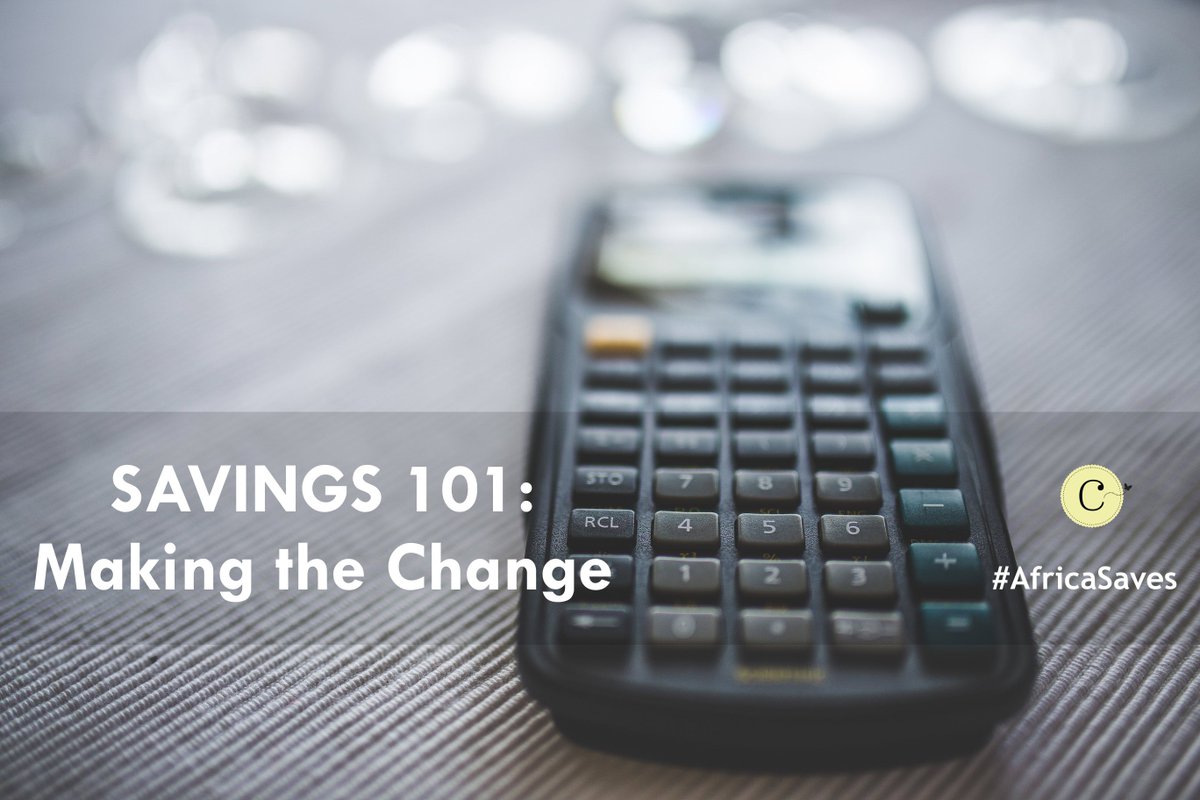5 Easy Ways To Spend Less Than We Earn
On the last post, we introduced the first rule for financial success, and I promised to write about basic ways we can adhere to this rule.
Spending less than you earn often means that you need to reduce the money you spend (it’s not rocket science really). To start with, this doesn’t have to be anything drastic, extreme money saving tips should come after you have done all the basic things so long that they’re habit, then you seek out more intense ways to further cut your spending.
Here are five simple ways to get started.
First, go through every mandatory monthly bill. This includes things such as phone bills, internet, satellite TV, rent, fuel, car maintenance etc. Ask yourself if you really need that service at all. For example, if you’re subscribed to DSTV yet you have a busy job, do you really need that service or could you just rent movies over the weekend when you have time to watch? What about internet? If you have a good internet connection at work, do you really need unlimited internet at home, or can you use a pre-paid option at home? Internet and entertainment are areas most of us could use a cutback, we are probably the most entertained generation ever, yet the unhappiest, we could substitute our entertainment time with activities that are more beneficial e.g reading, or even actually listening to people we are with.
Second, track your spending. I cannot emphasize this enough! On this post, I outlined 3 ways to track your spending. The simple act of tracking where your money goes makes you think twice about unnecessary expenses. After doing this for a month, study your expenses carefully, and evaluate whether each of them actually contributed to the value of your life and your joy. This helps you see areas where you are wasting your money, and cutting back. Another obvious tip, buying stuff doesn’t make you happier (at least not for long).
Third, study your routine. Watch what you do every day (or most days). Are there activities that are costing you more money than they should? What you do on a daily basis is so powerful that sometimes modifying your behaviour a little bit could save you quite a bit. For example, skipping a snack when you meet friends at coffee houses after work could save you over Kshs 100 per day, adding up to Kshs 36,500 in a year. How many of us had Kshs 36,500 in a savings account on the 31st of December 2011? Do you buy lunch daily? How about carrying lunch to work twice or thrice a week, this could save you up to Kshs 500 per week.
Fourth, scrutinize your bank statement. Banks are notorious for charging us excessive fees, that’s how they manage to grow their profits at rates greater than the economic growth rate. for example, last month I accidentally overdrew my account by KShs 300, and the bank penalised me Kshs 500 for this! In addition to this, most of us use ATM cards more than we should and these charges add up. How about planning for weekly expenses in advance, and making an ATM withdrawal once a week? Do you need a “one charge” account, which ends up being more costly than a “pay as you go” option? Are there ways you can better invest the savings you have in your account instead of letting them lie there and earn 3% interest?
Finally, consider some one-time energy improvements around the house. This is obvious; replace your regular light bulbs with energy saving ones, use the water heating kettle when you absolutely have to, and don’t fill it completely if you just need a cup of hot water. Invest in a charcoal jiko for the heavy duty boiling of legumes and other cereals (if this is too much work for you to do, you can delegate it to the cleaning lady). Completely switch off your electronics when not in use. These tactics will cut down your energy bill significantly, directly reducing your bills.
What other ways can we make small savings that add up?




4 Comments